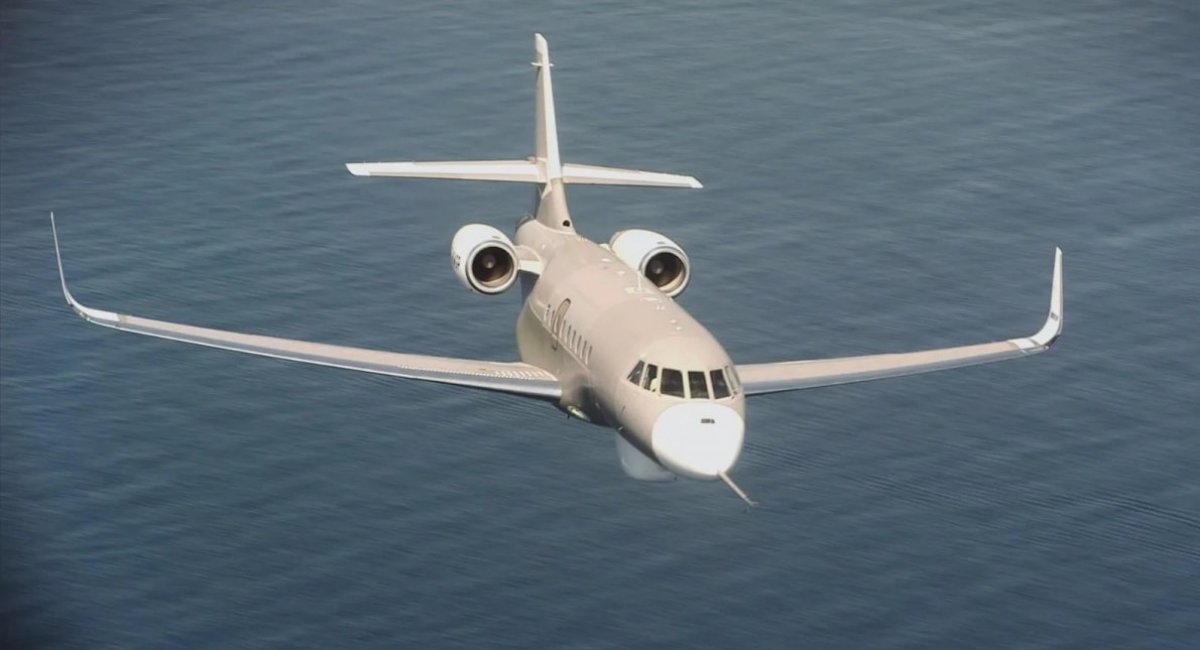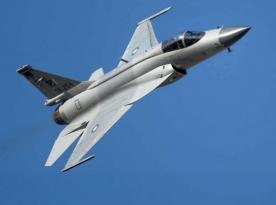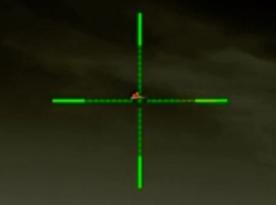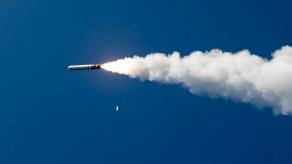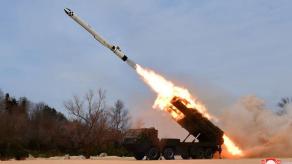France is strengthening its maritime surveillance and security capabilities by ordering five additional Falcon 2000 LXS Albatros aircraft under the Avsimar program. The contract, announced by Dassault Aviation and confirmed by France's Directorate General of Armaments, marks the second procurement batch, bringing the total number of ordered aircraft to 12. The first seven were commissioned back in 2020.
The Albatros aircraft is designed to replace the aging fleet of eight Falcon 50M and five Falcon 200 Gardian maritime patrol aircraft, which are currently deployed in Morbihan, western France, and across the Pacific. These older models will begin to be phased out this year, ensuring a smooth transition to a modernized fleet tailored for today's complex security environment.
Read more: Why France Deploys Vintage ATL2 Patrol Aircraft to Romania
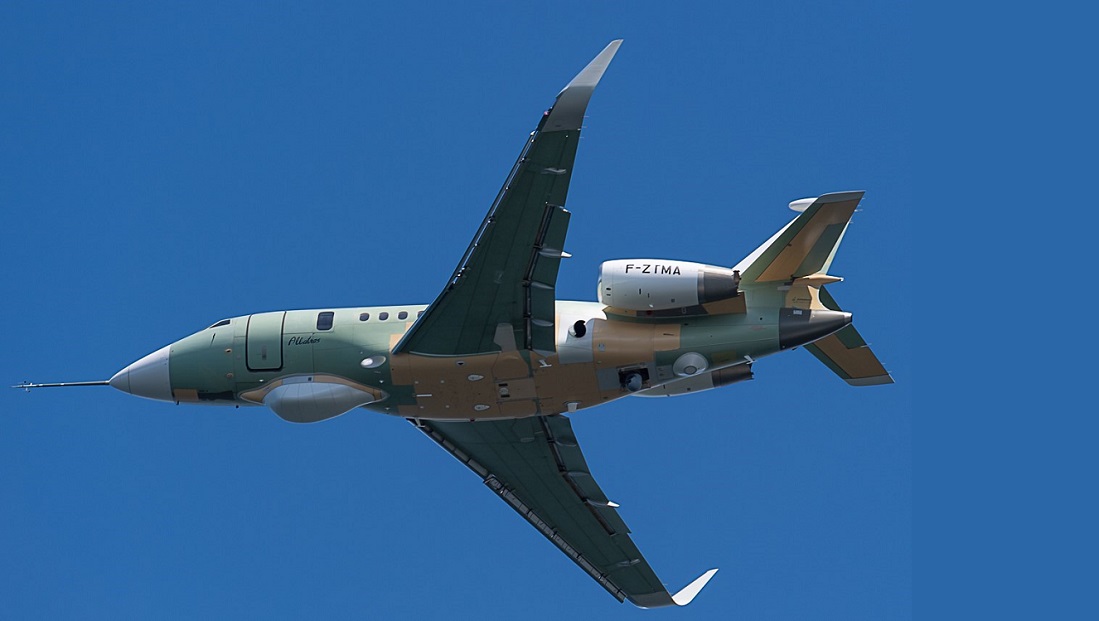
Built on the civilian Falcon 2000 business jet platform, the Albatros aircraft belongs to the Maritime Response Aircraft family. While not a combat aircraft, it is equipped with cutting-edge surveillance technology. Its suite includes the Thales SearchMaster AESA maritime radar operating in the X-band, the Safran Euroflir 410 electro-optical system, and advanced communication tools such as Satcom. In addition, the aircraft can deploy life rafts, smoke markers, and search-and-rescue beacon detectors, highlighting its dual role in both security and humanitarian operations.
Unlike the Atlantic 2 (ATL2) anti-submarine patrol aircraft, which France has deployed to the Black Sea in response to russian naval activities, the Albatros platform has no weapons systems. Its mission profile leans heavily toward policing, monitoring, and search-and-rescue operations rather than combat engagements. This distinction underlines its value as a peacetime surveillance tool, though its capabilities also make it crucial for countering unconventional threats.
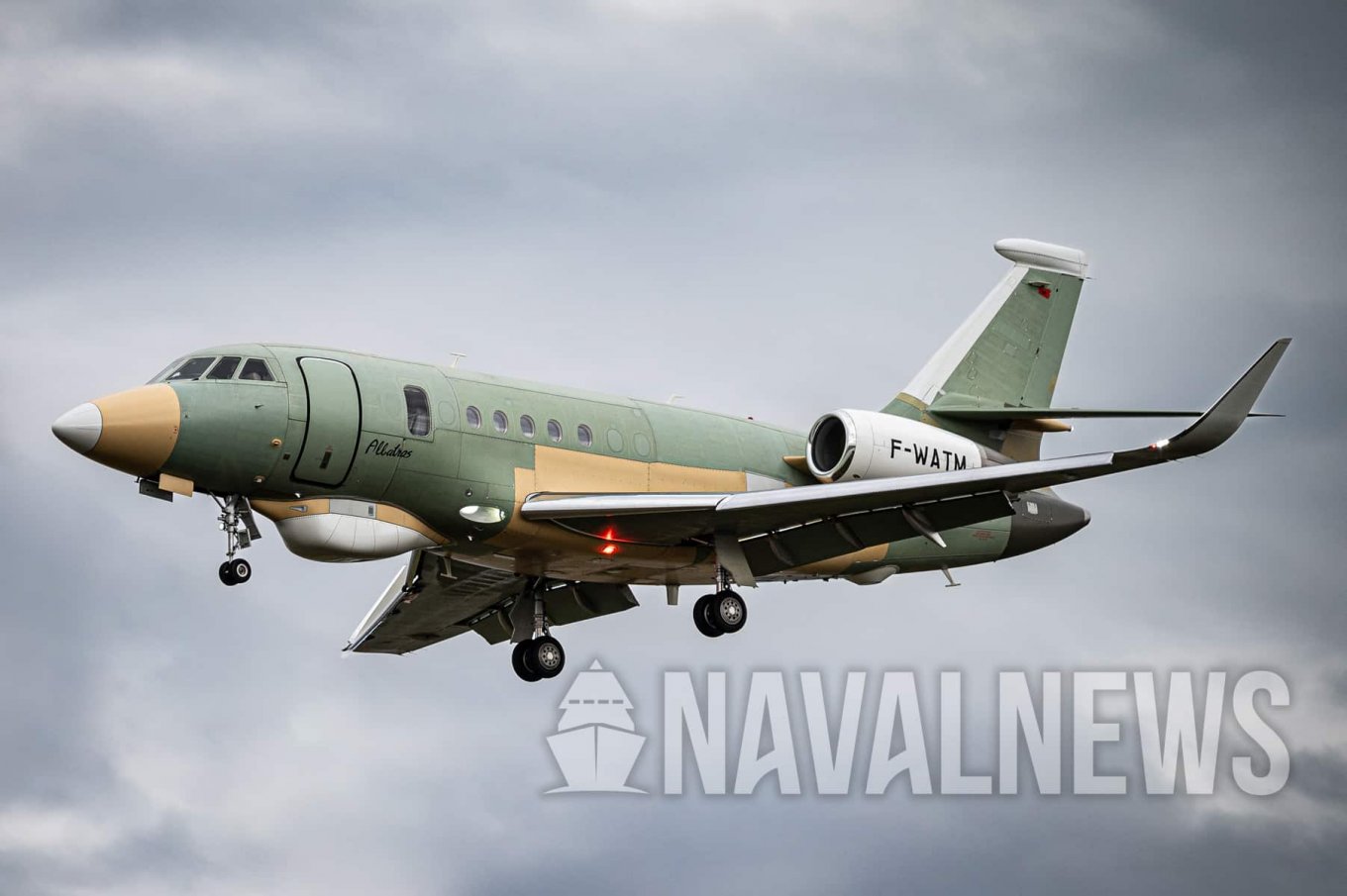
In the current global security climate, even unarmed patrol aircraft like the Albatros platform play an important strategic role. France expects them to help monitor hybrid threats, such as covert operations by russia and China. Recent reports of unidentified drones launched from vessels and ships have only heightened the urgency of reinforcing maritime domain awareness. The Albatros aircraft provides a flexible platform to detect, track, and report such activity.
The emphasis on the Indo-Pacific theater reflects France's broader strategic concerns. With territories and exclusive economic zones stretching across the Pacific, Paris is acutely aware of the risks posed by gray-zone tactics, activities that fall short of open conflict but undermine sovereignty and stability. By integrating the Albatros aircraft into its fleet, France ensures it can sustain persistent presence and respond effectively to maritime challenges.
Currently, the Albatros is undergoing certification and testing following its first flight on January 24, 2025. Dassault Aviation has stated that the aircraft will complete its trials in the coming months, with operational deployment planned before the end of 2026. Once in service, the Albatros aircraft will represent a significant step forward in France's ability to conduct long-range maritime surveillance across both its European waters and far-flung overseas regions.
Read more: Pentagon Сhooses Israeli UVision Over US Switchblade With $1B Loitering-Munitions Deal




